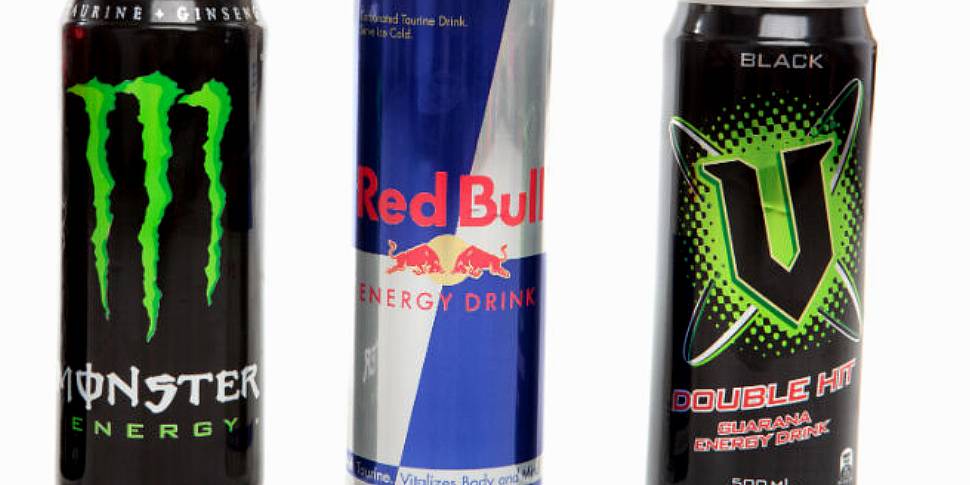The EU is strongly considering banning the sale of caffeinated energy drinks to people aged under 18, says the EU Commissioner for Health and Food Safety.
Vytenis Andriukaitis, a doctor appointed to the role in November last year, says that he is reacting to evidence presented by experts showing the negative effects energy drinks have on health.
A European Food Safety Authority (EFSA) report has revealed that 68 percent of young people across the continent consume energy drinks, and almost a quarter of the EU’s younger population admit to drinking them four times a week.
The study warns that young people should not be consuming more than three milligrams of caffeine per kilo of body weight on a daily basis.
The watchdog says that the risk of caffeine overdose in young people is rampant, given that cans containing 500ml of energy drinks exceeds the recommended dose for a 12-year-old.
68 percent of young people in Europe consume energy drinks and 24 percent admit to doing so four times a week, according to a study from the European Food Safety Authority (EFSA). The study found that adults and young people should not consume more than three milligrams of caffeine per kilogram of body weight a day.
Red Bull, the Austrian energy drink giant, reacted to the Commissioner’s statement by saying that “tea, coffee and soft drinks make up the majority of most people’s daily caffeine intake,” The Local reports.
EFSA director Bernhard Url says the consequences of drinking excessive caffeine cannot be ignored, particularly for young people and those with existing heart conditions.
“Heart rate and blood pressure increases, and this can lead to cardiac arrest, and ultimately death,” Mr Url said.
The EU's move comes at a bad time for energy drinks' producers, as a recent study in the Advances in Nutrition journal claims mixing them with alcohol masks the signs of drunkenness while encouraging you to drink more.
There is also an increased likelihood of risky behaviour like drink driving, and the caffeine rush makes drinkers appear more balanced and co-ordinated than they actually, leading to some drinkers thinking they are not actually drunk, the study says.
Those who mixed alcohol with energy drinks were four times more likely to believe they could drive home than counterparts who consumed alcohol alone, the study concluded.
The ingredients of caffeinated energy drinks normally include sugar, inositol and taurine, an amino acid linked to energy stimulation that was originally discovered in the bile of bulls.
In Lithuania, where Commissioner Andriukaitis is from, the sale of energy drinks to under-18s has been banned since November 2014.









